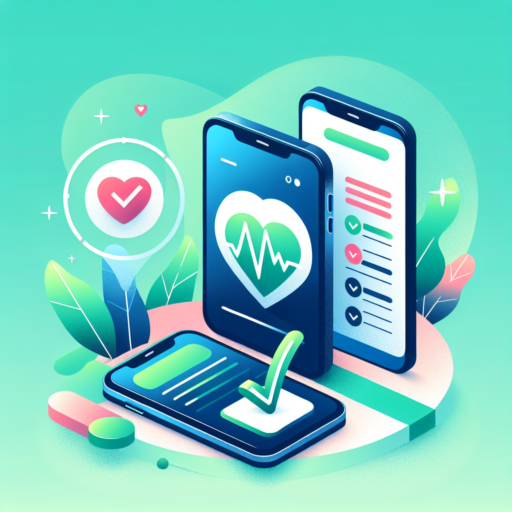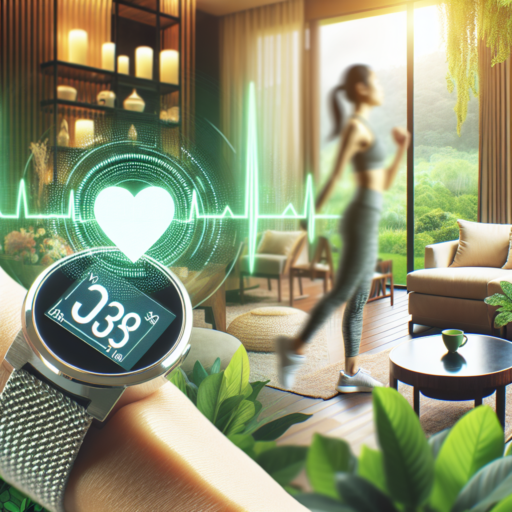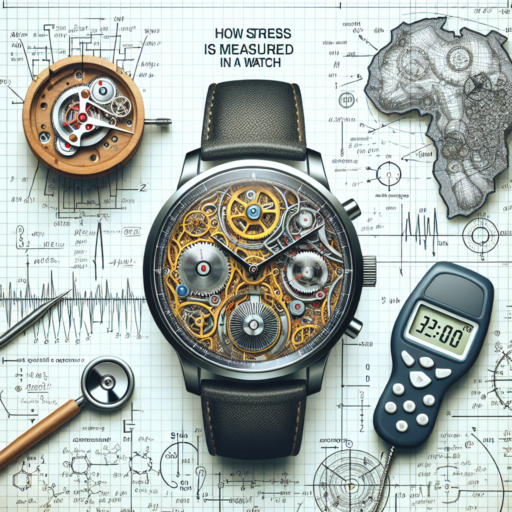Are apps that measure heart rate accurate?
In the realm of personal health technology, apps that measure heart rate have rapidly gained popularity, promising users the ability to track their heart rates with just a simple tap on their smartphones or wearable devices. Understanding the accuracy of these apps is crucial for individuals relying on them for health monitoring. Various factors impact the precision of heart rate readings, leading to a spectrum of reliability among different apps.
Factors Influencing Accuracy
Several key factors influence the accuracy of heart rate apps. First, the technology underlying each app, whether it uses optical heart rate sensors or relies on algorithms processing smartphone camera input, plays a significant role. Additionally, user behavior, such as moving excessively during a measurement, can adversely affect the readings. Environmental conditions, particularly lighting for camera-based apps, also impact the data’s precision.
Comparison With Clinical Devices
When comparing these apps to clinical-grade heart rate monitors, a disparity in accuracy is often observable. Clinical devices undergo rigorous testing and are designed to meet specific medical standards, making them highly reliable. In contrast, heart rate apps, especially those not utilizing dedicated sensors, tend to offer estimations that can deviate from the true heart rate. Research and user reviews highlight that while some apps closely match the accuracy of medical devices, others fall short, underlining the importance of choosing apps wisely.
Can my phone detect my heart rate?
In today’s fast-paced world, smartphones have become indispensable tools, offering a wide array of features beyond calls and texts. One question that often arises is: Can my phone detect my heart rate? The answer is more intriguing than one might expect. With advancements in technology, several smartphones now come equipped with the capability to monitor your heart rate, offering a fascinating glimpse into your health directly from your device.
How Do Smartphones Measure Heart Rate?
Smartphones measure heart rate primarily through two methods: by utilizing built-in sensors or through the camera and flash. Phones with dedicated sensors, typically located near the rear camera, require you to place your finger on the sensor to measure your heart rate. Alternatively, apps that use the camera and flash method instruct you to place your finger over the camera lens. The app then uses light from the flash to penetrate your finger and analyze the changes in light absorption, which corresponds to your pulse.
Accuracy of Heart Rate Detection on Smartphones
While using your smartphone to monitor heart rate is convenient, the accuracy can vary. Dedicated sensor-based methods are generally more reliable, yet environmental factors and sensor quality play a significant role. Camera-based apps, although innovative, may not always provide medical-grade accuracy but are suitable for getting a general sense of your heart rate. It’s also essential to ensure your hands are clean and properly placed for optimal results.
Understanding the capabilities of your smartphone in relation to health monitoring is crucial. While not all smartphones have built-in sensors for heart rate monitoring, many offer compatible apps that can utilize the camera and flash for this purpose. It’s a valuable tool for those looking to keep a closer eye on their health metrics without needing specialized equipment.
How accurate is the iPhone heart rate?
Discussing the accuracy of the iPhone heart rate feature requires a nuanced understanding of the technology it employs. Primarily, iPhones measure heart rate using the Health app, which gleans data from wearable devices rather than the phone itself. This distinction is crucial for understanding the precision and reliability of the measurements you’re getting.
Factors Affecting Accuracy
Several factors influence how accurately your iPhone can record your heart rate. First and foremost, the type of wearable device synced with your Health app plays a significant role. Devices that use advanced photoplethysmography (PPG) technology, for example, are typically more reliable. Additionally, the fit and placement of the device on your body, your skin’s condition, and even your activity level during the measurement can all impact accuracy.
It’s also important to consider the context in which heart rate data is used. For everyday fitness tracking and monitoring general trends, your iPhone, in conjunction with a quality wearable, offers a handy and sufficiently accurate measure of your heart rate. However, for medical purposes or detailed exercise analysis, it’s advisable to consult with health professionals or consider specialized medical-grade devices.
No se han encontrado productos.
Is the instant heart rate app legit?
When it comes to health apps, legitimacy, accuracy, and reliability are paramount. The Instant Heart Rate app, which claims to provide users with quick and accurate heart rate readings just by using a smartphone’s camera, undoubtedly raises questions regarding its legitimacy. It’s essential to understand that medical professionals and fitness enthusiasts often stress the importance of accurate heart rate measurements, whether for monitoring general health, fitness levels, or even diagnosing conditions.
The app’s developers assert that sophisticated algorithms are the backbone of this technology, allowing for heart rate measurements by detecting slight changes in the color of the fingertip that correspond with the user’s heartbeat. This method, known as photoplethysmography, is the same principle used in medical pulse oximeters. However, the question of whether a smartphone can replicate medical-grade equipment accuracy for heart rate monitoring remains.
User reviews and validation through independent studies serve as significant indicators of the app’s legitimacy. Many users have shared their experiences, noting how the app’s readings closely align with those of traditional heart rate monitors and medical devices. Nonetheless, potential users should be aware that individual results may vary, and environmental factors, phone camera quality, and user compliance with measurement instructions can all influence accuracy.
Moreover, the app’s application in daily life extends beyond mere curiosity about one’s heart rate. It’s marketed towards those looking to optimize their workouts, monitor stress levels, or simply gain a better understanding of their heart health over time. While this paints a promising picture, individuals should consult healthcare professionals when using any app for health-related purposes, especially if the intention is to manage or diagnose health conditions.



